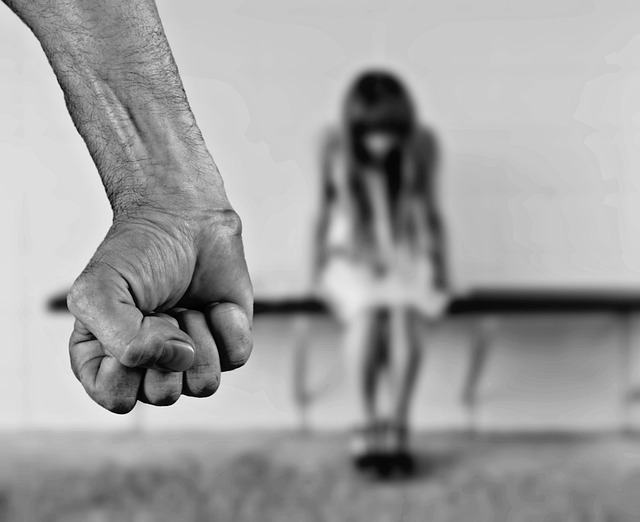The Masters Ranch Abuse scandal reveals a dark side of an institution pretending to help at-risk youth, where victims suffered severe physical, emotional, and psychological trauma due to abuse, neglect, and excessive punishment. This exposed the urgent need for better oversight, transparency, and accountability in similar facilities to prevent future atrocities. The scandal's aftermath has led to calls for improved monitoring of youth welfare systems and advocacy efforts to support survivors who face lasting mental health issues, financial burdens, and societal stigma as a result of their experiences.
“The dark shadows cast by the Masters Ranch abuse scandal demand attention and action. This article delves into the heart of the issue, exploring the systematic abuse allegations that have left profound scars on its victims. We dissect the scandal’s context and uncover its far-reaching consequences.
Through a lens focused on advocacy, we examine strategies to support survivors, ensuring their voices are heard and justice is served. Furthermore, we propose actionable steps towards prevention, emphasizing community unity and policy reforms to safeguard against such heinous acts.”
- Understanding the Masters Ranch Abuse Scandal
- – Background and context of the abuse allegations
- – Key issues and impacts on victims
Understanding the Masters Ranch Abuse Scandal

The Masters Ranch Abuse scandal sheds light on a dark chapter where victims endured severe mistreatment within an institution purported to provide rehabilitation and care. This controversial facility, operating under the guise of helping at-risk youth, instead became a breeding ground for physical, emotional, and psychological abuse. The revelations sparked widespread outrage, bringing much-needed attention to the systematic failures and unethical practices that went unchecked for far too long.
The scope of the Masters Ranch Abuse involved various forms of maltreatment, including excessive punishment, isolation, and neglect. Survivors shared harrowing accounts of being subjected to brutal discipline methods, which often left them traumatized and severely harmed. As investigations unfolded, it became evident that the ranch’s operations were characterized by a toxic culture where power dynamics favored abusers over vulnerable individuals. This scandal underscored the urgent need for better oversight, transparency, and accountability in similar institutions to prevent such atrocities from occurring again.
– Background and context of the abuse allegations

The Masters Ranch, a facility that purported to offer rehabilitation and therapy for at-risk youth, has been at the center of disturbing abuse allegations. The revelations emerged as a stark reminder of the potential dangers lurking within closed or specialized institutions. Numerous former residents have come forward with harrowing stories of physical, emotional, and sexual abuse they endured while in the ranch’s care. These claims have sparked widespread concern and prompted a deeper examination into the treatment practices and oversight of such facilities.
The context surrounding the Masters Ranch Abuse cases highlights systemic issues within the youth welfare system. It raises questions about the adequate monitoring and regulation of residential treatment centers, especially those catering to vulnerable populations. The scale and severity of the alleged abuse have catalyzed advocacy efforts for better protection measures, improved accountability, and increased transparency in handling similar instances across the nation.
– Key issues and impacts on victims

The Masters Ranch abuse scandal has left deep scars on its victims, impacting them physically, emotionally, and psychologically. Many survivors struggle with long-term mental health issues such as depression, anxiety disorders, and post-traumatic stress disorder (PTSD), often requiring ongoing therapy to manage these conditions. The abuse they endured can also lead to difficulties in forming healthy relationships and trusting others, affecting their personal and professional lives.
Additionally, victims may face challenges in finding employment or maintaining stable housing due to the stigma associated with their experiences. The financial burden of seeking justice and healing further exacerbates these issues. Many survivors feel isolated and alone, afraid to speak out for fear of retribution or disbelief. These key issues underscore the urgent need for comprehensive support systems, legal protections, and societal awareness to aid in the healing process and prevent future instances of Masters Ranch abuse.
The Masters Ranch Abuse scandal sheds light on a dark chapter, highlighting the need for robust advocacy and support systems for victims. The profound impact on individuals’ lives underscores the importance of addressing such heinous acts. By fostering awareness and implementing meaningful reforms, society can work towards preventing similar tragedies and ensuring justice for those affected by the Masters Ranch Abuse.
